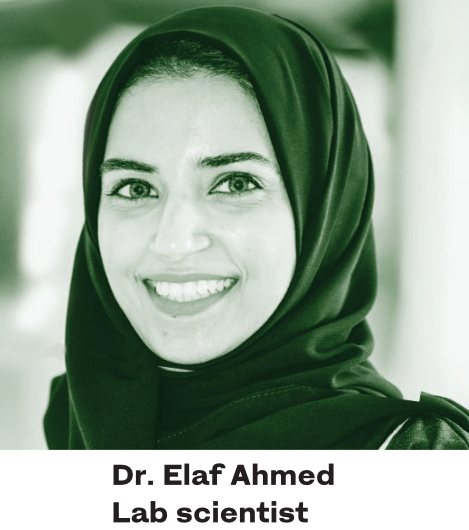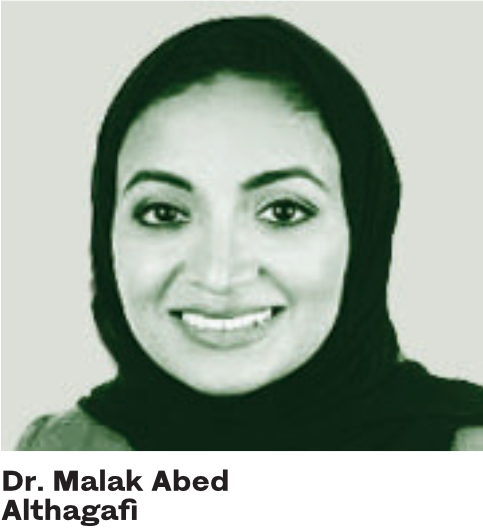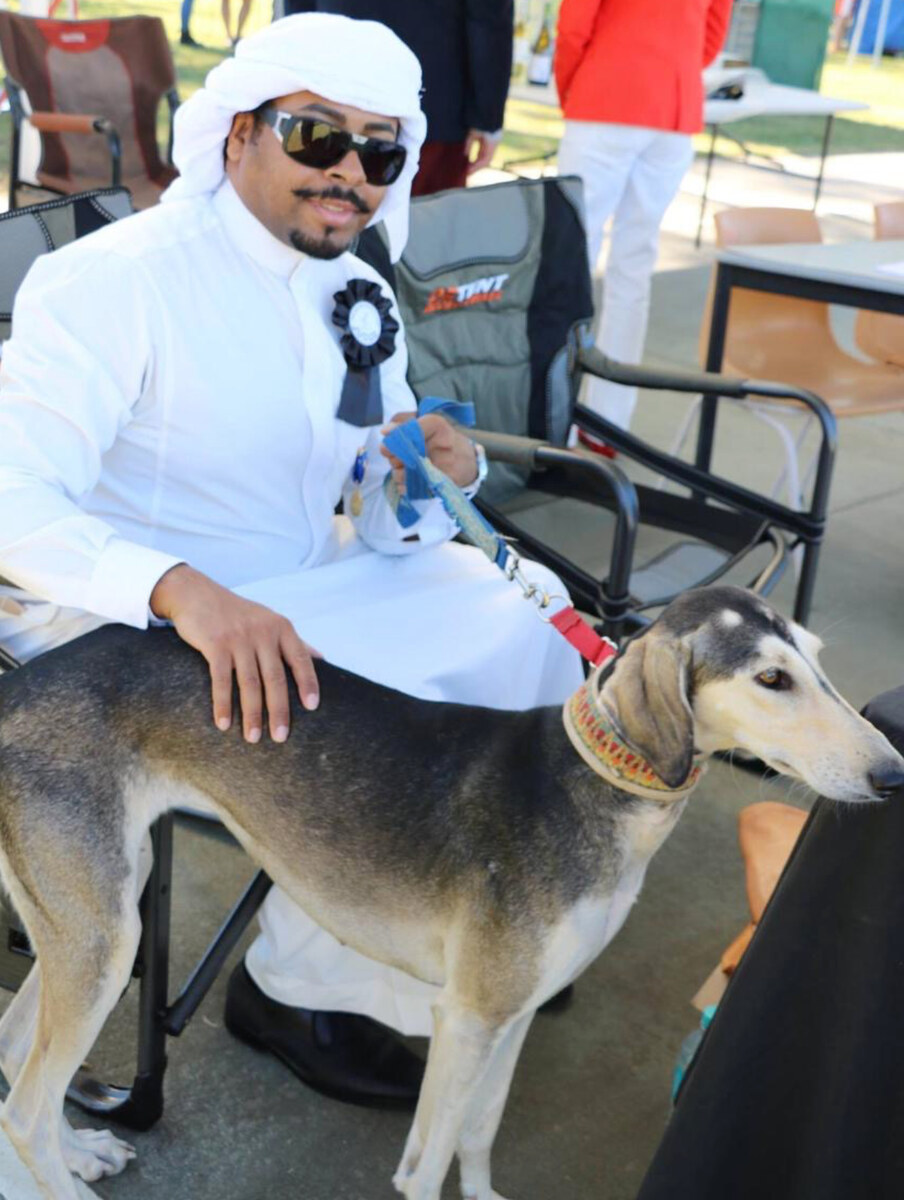JEDDAH: The encouragement of women’s exploration of the sciences is enabling young Saudi female petroleum engineers to pursue their passion and empower future generations.
Saudi Arabia is renowned for being the world’s largest oil exporter and the second-largest Organization of Petroleum Exporting Countries member country, covering 2 million square km of the Arabian Peninsula. According to the General Authority of Statistics, the Kingdom saw a 10.8 percent increase in oil-related activities in the fourth quarter of 2021 alone.
“Growing up with both parents working in the oil industry, I heard stories about the discovery of the first commercially viable well, No. 7, in the 1930s, commonly dubbed the Prosperity Well, and how that transformed the Kingdom into the prosperous nation it is today,” said 26-year-old petroleum engineer Reem Al-Sadoun.

She earned her bachelor’s degree in petroleum engineering from the University of New South Wales in 2018 through funding from the Saudi Aramco College Degree Program for Non-Employees before starting her career with Saudi Aramco.
The oil and gas industry is driven by market forces of supply and demand, and as is evident the world’s demand for energy will only continue to increase.
Reem Al-Sadoun
Al-Sadoun told Arab News that she has had an affinity for mathematics and the sciences for as long as she can remember, which led to her studies and career in the field of science, technology, engineering and mathematics.
“Since joining Saudi Aramco three years ago, I have been an active volunteer with the Society of Petroleum Engineers — Kingdom of Saudi Arabia section, currently the largest SPE section in the world.”
When the time came to choose her major, Al-Sadoun made her decision based on the fact that energy is all around us and its byproducts drive global economies.
To her, women making strides in various industries under Crown Prince Mohammed bin Salman’s Vision 2030 comes as no surprise.
Al-Sadoun told Arab News: “Vision 2030 reforms increased women’s representation and created myriad opportunities that I believe will continue to grow female participation in the sciences, which in turn will lead to massive social and economic gains for the Saudi economy as a whole.”
She said that as women represented half of the population, empowering them meant the empowerment of the nation. The Kingdom had pushed for equal empowerment of today’s youth, generation after generation, and continued to direct the workforce toward contributing to the country’s wealth.
“The oil and gas industry is driven by market forces of supply and demand, and as is evident the world’s demand for energy will only continue to increase,” she said.

“This demand can be met by petroleum engineers. However, the role of a petroleum engineer is also changing, which presents even more opportunities for future women engineers. Historically we have been concerned with the extraction and production of hydrocarbons; recently this role has also expanded to the development of methods to capture and store carbon dioxide to reduce atmospheric emissions of greenhouse gases,” Al-Sadoun said.
When asked about her ambition for the younger generation, Al-Sadoun said she hopes that all young women hesitant about exploring a career in the sciences will go ahead and make their dreams happen. She added that they should influence the female population around the world “to be the change we wish to see.”
“In addition to the tremendous support I received from my country, I am grateful to have the infinite support of my family and friends. And the opportunities and accolades presented to me by my job at Saudi Aramco and by my fellow female petroleum engineers, which makes me value the career path I’ve chosen and the life it has created for me,” Al-Sadoun said.


































